Karen Ledford is a seasoned digital marketer with a passion for turning data into actionable insights. When she's not immersed in the world of content marketing, SEO or social media as IDC®'s marketing director, she's likely found tending her garden or spending quality time with her furry family. A self-proclaimed DIY enthusiast, she's always up for a new project.
Self-Care for Changemakers: Essential Practices for DEIA Practitioners
DEIA (Diversity, Equity, Inclusion, and Accessibility) practitioners are the architects of a more just and equitable world. They navigate complex issues, advocate for marginalized voices, and champion systemic change. However, this vital work can take a toll on one’s mental well-being and lead to burnout. Prioritizing self-care is a necessity for DEIA practitioners.
This article explores various self-care practices specifically tailored to the needs of DEIA professionals. By incorporating these strategies into your daily routine, you can cultivate resilience, maintain a healthy perspective, and continue to be a powerful force for positive change.
Understanding the Impact: Why Self-Care Matters for DEIA Practitioners
As a DEIA practitioner, you may encounter:
- Vicarious Trauma: Witnessing the ongoing struggles for equity can take an emotional toll.
- Microaggressions and Bias: These daily slights can chip away at your sense of belonging.
- Systemic Frustration: The slow pace of progress can be disheartening.
- Workload Overload: Wearing many hats and managing competing priorities can lead to stress.
Self-care is your shield against these challenges. It equips you with the resilience to navigate difficult situations, maintain a positive outlook, and ultimately, be more effective in your work.
Building a Foundation of Self-Care
Mindfulness and Emotional Awareness: DEIA work often exposes you to stories of injustice and hardship. Cultivating mindfulness through meditation, deep breathing exercises, or spending time in nature can help with stress management, focus, and emotional awareness. This allows you to process these experiences with greater clarity and detachment. Practicing gratitude, taking time to appreciate the good things in your life, can boost your mood and overall well-being. Additionally, journaling can be a powerful tool for processing emotions and gaining clarity.
Healthy Boundaries: Saying "no" is crucial to preventing burnout. Establish clear boundaries between your work and personal life. Turn off notifications after hours, avoid checking work emails on weekends, and delegate tasks effectively. Prioritize activities that bring you joy and relaxation and create space for genuine disconnection.
Physical Well-being: Your body is your temple. Prioritize a healthy diet rich in fruits, vegetables, and whole grains. Engage in regular physical activity – even a brisk walk or yoga session can significantly improve your mood and energy levels. Getting enough quality sleep is vital for both physical and mental health. Also, with the time we spend working, set up your workspace for comfort and to minimize the risk of strain or injury from repetitive tasks.
Nurturing Your Spirit
Social Connection: Humans are social creatures. Build strong support networks with friends, family, colleagues, or online communities of DEIA professionals. Connecting with others who understand your work can offer invaluable support and encouragement.
Community Engagement: Many DEIA practitioners find purpose and fulfillment in volunteering their time to causes they care about. Contributing to your community can be a powerful way to combat feelings of helplessness and recharge your spirit. Empowering others through mentorship can also be a source of inspiration and joy.
Celebrate Victories, Big and Small: DEIA work is often incremental. Take time to acknowledge your progress, celebrate small wins, and recognize the positive impact you're making. Appreciating your accomplishments can boost your sense of self-worth and fuel your motivation to keep going.
Addressing Specific Challenges
Secondary Trauma: Vicarious exposure to trauma can be a significant challenge for DEIA practitioners. If you're struggling with secondary trauma, seek professional help from a therapist specializing in trauma-informed care.
Compassion Fatigue: Constant advocacy can lead to compassion fatigue. Engage in activities that foster a sense of hope and optimism. Spend time in nature, connect with loved ones, or pursue hobbies that bring you joy.
Professional Development:
Keep up with the latest research and trends in the DEIA field. Develop new skills that will enhance your effectiveness in your role. Connect with other DEIA professionals to share best practices and learn from each other.
Seeking Additional Support
Remember, self-care is an ongoing process, not a one-time fix. Experiment with different strategies and find what works best for you. As you prioritize your well-being, you'll be better equipped to tackle the challenges of DEIA work and create lasting change. If you're struggling to manage stress or feel overwhelmed, don't hesitate to seek professional help. Consider therapy, coaching, or joining support groups specifically for DEIA professionals.
Additional Resources:
The Takeaway
By prioritizing self-care, DEIA practitioners can become more effective advocates for positive change. Integrate these practices into your daily routine, and remember, prioritizing your well-being is not selfish – you're not just taking care of yourself – you're taking care of the movement for a more just and equitable world.
About Karen Ledford
Share This Article!
Disclaimer: Content on this blog is authored by multiple sources. While we do make every attempt to proofread and fact-check, unless authored our staff, the views expressed do not necessarily reflect those of the Institute for Diversity Certification (IDC), Inc.
More Insightful DEIA Blogs



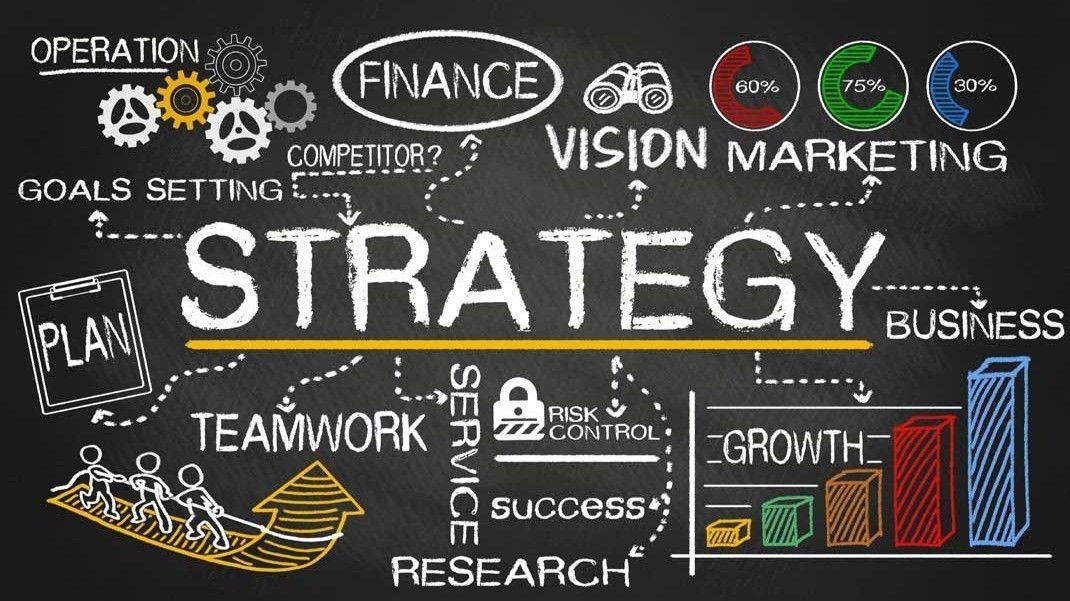
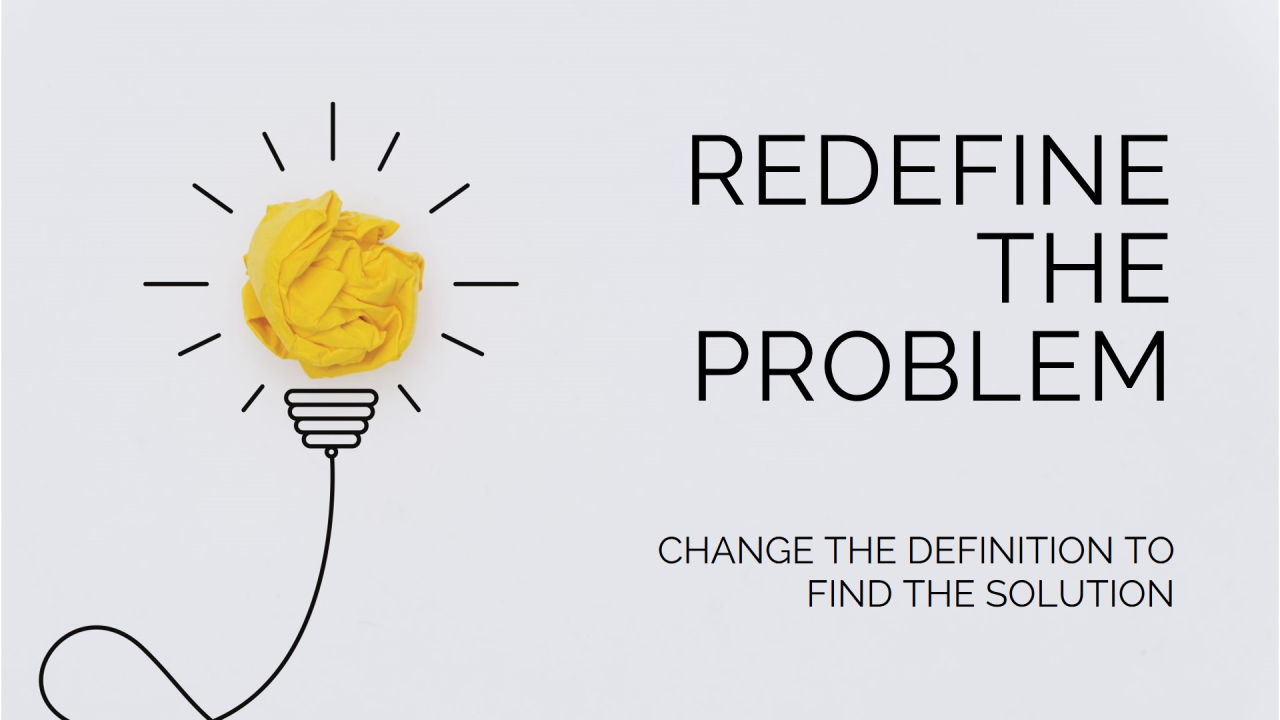

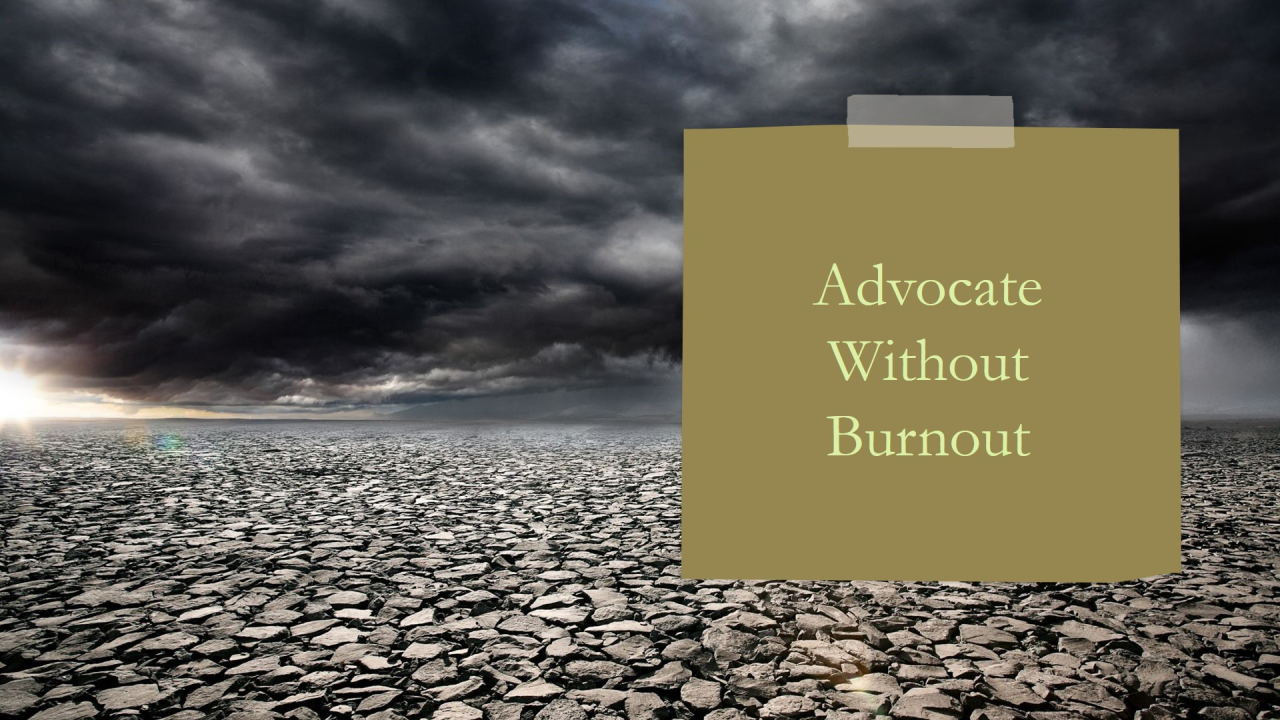


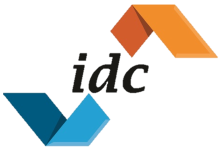

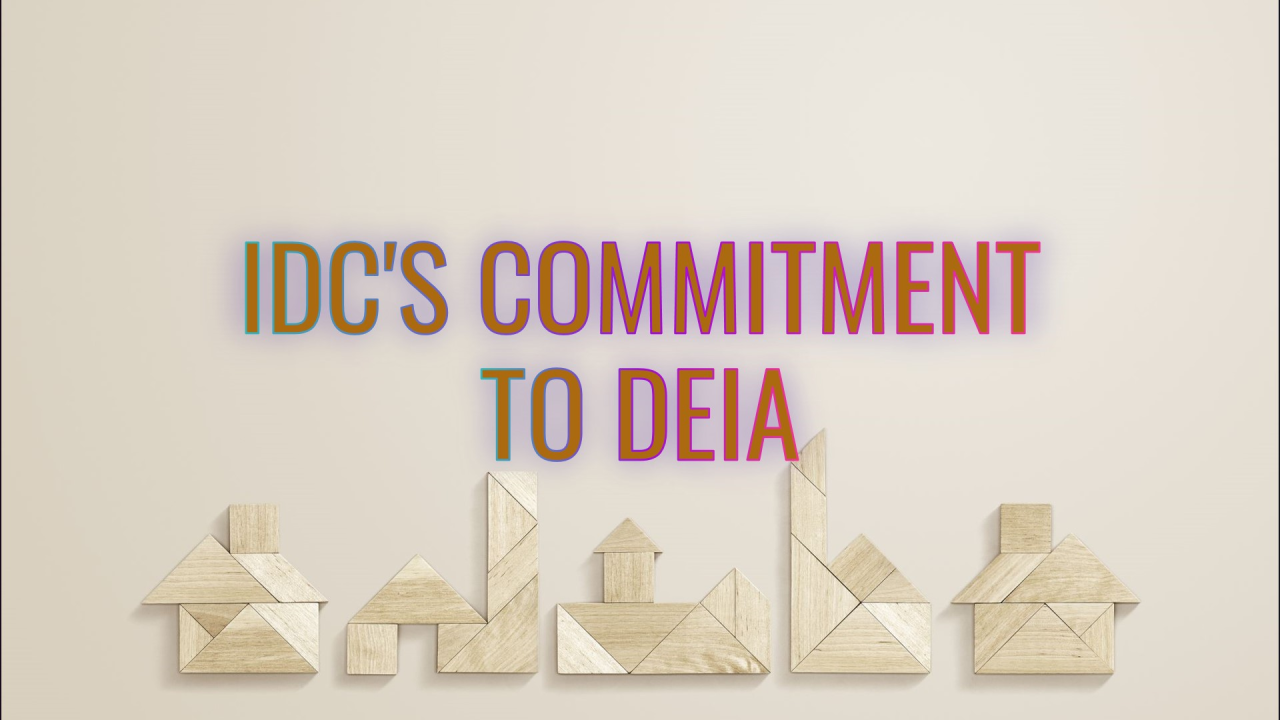
Share On: